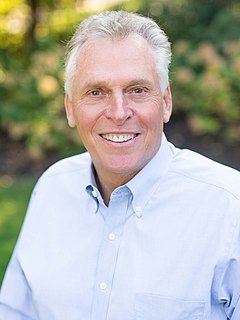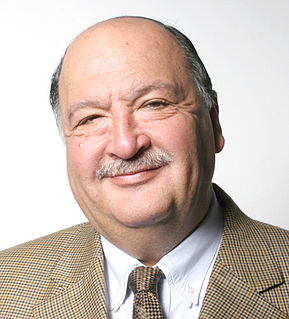A Quote by Evan Osnos
When I moved to Beijing in 2005 to write, I was accustomed to hearing the story of China's transformation told in vast, sweeping strokes - involving one fifth of humanity and great pivots of politics and economics.
Related Quotes
China likes the idea of sovereign rights when it comes to organizing their politics as they see fit, and their economics. But they may grudgingly come to understand certain things differently in the area of climate or disease. China is a country fairly integrated into the world. Yet China is uncomfortable with this idea because they worry it will constrain their freedom, politically and economically, to do what they believe they need to do to maintain political stability and cohesion.
In terms of the economics, yes obviously the rise of e-books and how people choose to read books has a big effect on the economics of the game. But whether people are buying them on paper or downloading them there's still some poor wretch in a room who is trying to write a poem, write a story, write a novel. And so my job doesn't change. It's just how people receive it and economic conditions on the ground change, but that doesn't affect what I write.
Well it did not make excessive sense to say that 20 million people are the recognized government of a billion people that have their own institutions. We did not change it in the sense that we said this has to end, but there was a U.N. vote that transferred the legitimacy of China from Taiwan to Beijing. Beijing was recognized as the government of all of China. Then, under President Carter, we followed what the U.N. had already done eight years earlier.
Globalization and trade liberalization were supposed to make us all better off through the mechanism of trickle-down economics. What we seemed to be seeing instead was trickle-up economics, accompanied by a destruction of democratic politics, as we moved ever closer to a system of 'one dollar, one vote' as opposed to 'one person, one vote.'
































